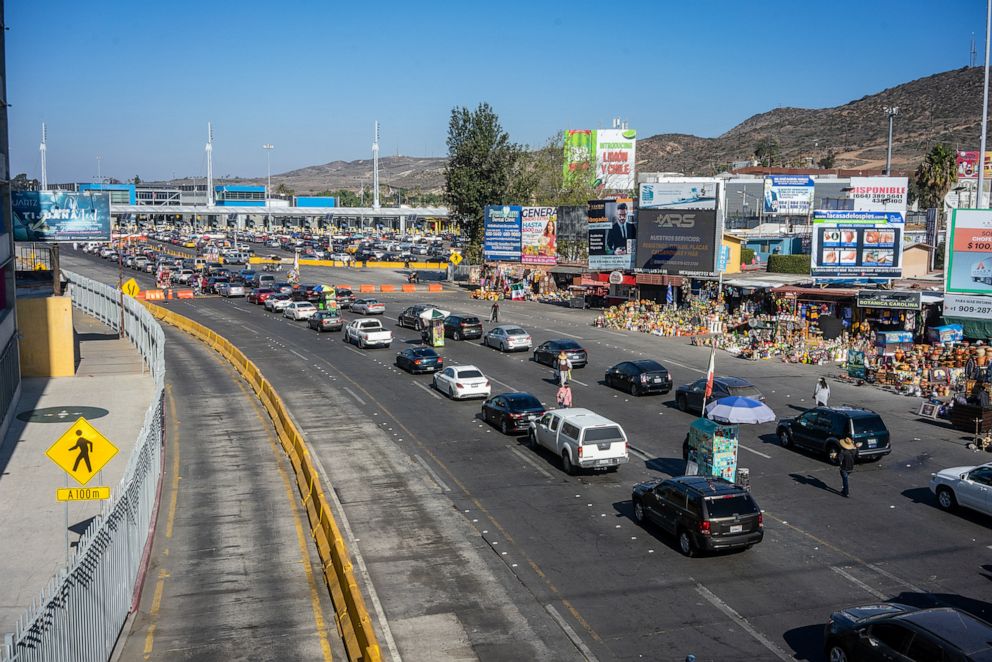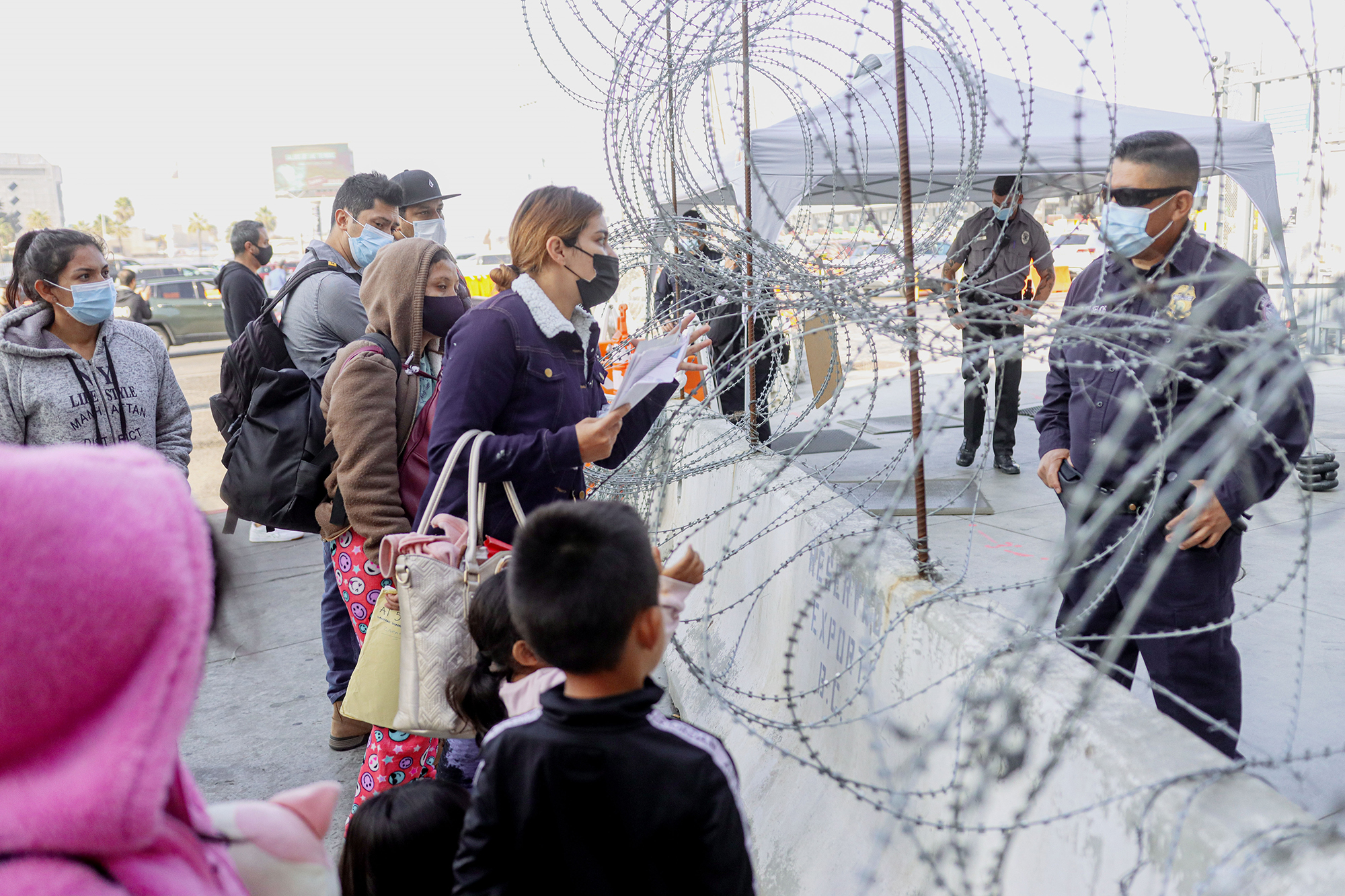Biden administration reimposes 'Remain in Mexico' policy
Under court order, the Trump-era policy is being executed with new protocols.
Biden administration officials further outlined a plan for the implementation of the "MPP" or "Remain in Mexico" policy on a conference call with reporters Monday while underscoring a commitment to ending the program and describing safeguards designed to improve conditions for asylum seeking enrollees.
A central criticism of the MPP program -- which bars asylum seekers from entering the U.S. while immigration courts review their claims -- was the lack of access to U.S. legal services for enrollees forced into makeshift Mexican border camps. Now, the Biden administration is working with legal service providers and promising 24-hour consultation windows to assist with screening interviews and immigration court cases.

The Justice Department's Executive Office of Immigration Review is working to increase legal representation rates for asylum seekers while distributing "self-help materials" for immigrant applicants who need information on the process.
Improving conditions south of the border was another component in securing the Mexican government's cooperation. U.S. humanitarian workers have built up WiFi access at shelters, and Mexican authorities have stepped up security including at transportation hubs.
Now, migrants enrolled in MPP will have access to transportation services at the port of entry, something Biden administration officials said is a necessary security measure given the level of crime taking place at border crossings.
Over the holidays, the Biden administration submitted a request to the Supreme Court for expedited briefings on the case to end MPP. The administration previously lost lower court appeals against efforts to reinstate the protocols.

Under the latest iteration of MPP, migrants who receive an interview with U.S. Citizenship and Immigration Services will be judged on whether there's a "reasonable possibility" they have a fear of returning to Mexico rather than the previously used and more restrictive "more likely than not" standard.
The new standards are accessible to those like the group of 36 migrants brought to El Paso Monday for court hearings, making them the first to be processed under the new rules.
Officials did not provide information on the number of asylum seekers subjected to MPP under the Biden administration's latest implementation efforts, but they did confirm enrollments have started in the El Paso and San Diego regions.
One senior Biden administration official estimated on Monday that the program was costing the U.S. government in excess of "tens of millions of dollars."




